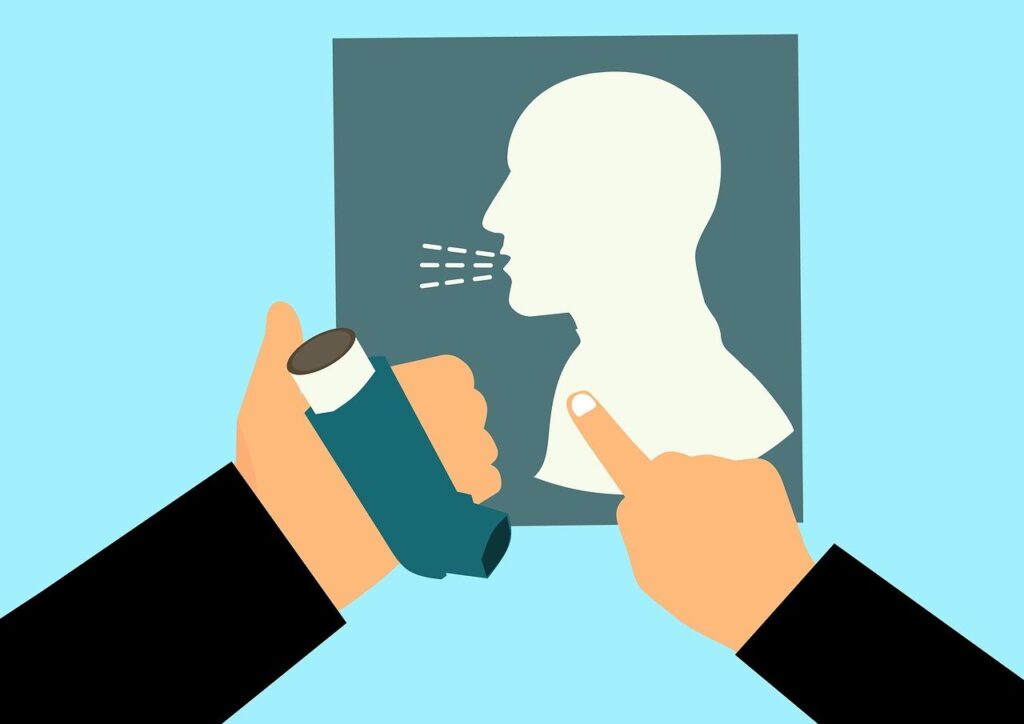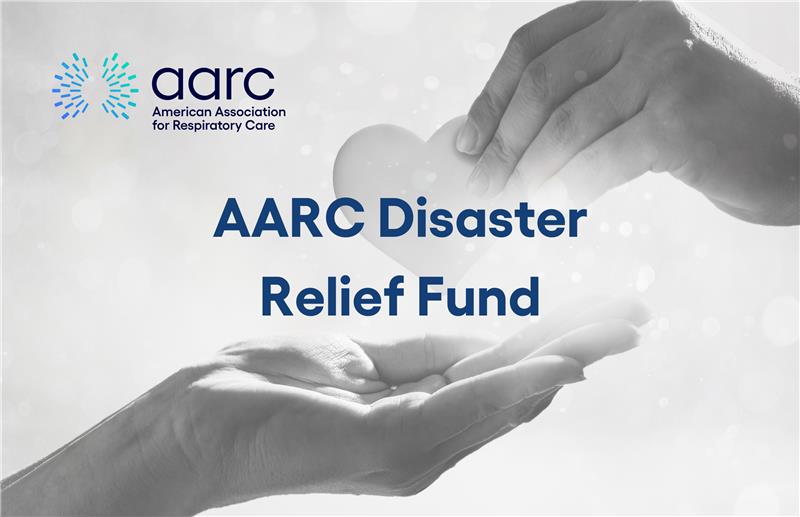By Debbie Bunch
January 22, 2024

Gabapentinoids Associated with Severe COPD Exacerbations
A population-based study published by the Annals of Internal Medicine suggests COPD patients who take gabapentinoid drugs such as gabapentin and pregabalin are at increased risk for severe COPD exacerbations.
In the study, which involved more than 10,000 people with COPD, researchers from Canada examined insurance records for 356 gabapentinoid users with epilepsy, 9,411 with neuropathic pain, and 3,737 with other chronic pain. These individuals were then matched one-to-one with nonusers on COPD duration, indication for gabapentinoids, age, sex, calendar year, and time-conditional propensity score.
Gabapentinoid users who took the drugs for epilepsy, neuropathic pain, and chronic pain had an increased risk of severe COPD exacerbation, with the peak increase in risk occurring about six months after continuous use.
For patients with neuropathic pain or other other chronic pain, the risk was observed regardless of age, sex, number of prior COPD exacerbations, prior use of inhaled corticosteroids, number of respiratory medications used, or opioid or benzodiazepine use.
The authors believe their findings support current warnings about these drugs from regulatory agencies and urge clinicians to take them into account before prescribing gabapentin or pregabalin to patients with COPD. Read More

Inhaled Statins Touted as Possible Asthma/COPD Treatment
Could statin drugs one day be used in an inhaled form to treat asthma and COPD? Researchers from UC Davis who are studying the use of inhaled statins believe the answer may be yes.
While statins are typically prescribed to lower cholesterol, the authors note these drugs also have an anti-inflammatory effect that could be beneficial to the lungs. They are specifically examining the mechanisms and pharmacology by which statins affect airway smooth muscle (ASM) function in asthma and have found that the drugs have a bronchodilator effect as well, directly relaxing ASM tissue and leading to the opening of the airways.
“Instead of working through the cell surface receptors, the statins target the signaling cascade inside the ASM,” explained principal investigator Amir A. Zeki, MD. “This targeting happens partially through the cholesterol pathway and partially through cholesterol-independent pathways related to ASM’s protein structure.”
Dr. Zeki and his team believe inhaling the statins will be necessary because the efficacy of oral statins is reduced due to a process known as first pass liver metabolism. Inhaling the statins is a way to bypass that process, allowing the drug to penetrate the airway compartment, including the ASM layer.
“Because oral statins do not penetrate the airway compartment at high enough levels to be effective, delivering statins directly to the lung via inhalation might achieve better local tissue drug levels, and therefore, better clinical results,” said Dr. Zeki. “This allows the use of lower drug doses to achieve efficacy while also minimizing systemic side effects.”
The research team is now planning a Phase 1/Phase 2 human clinical trial to test the safety and efficacy of delivering statins by inhalation to treat asthma patients using a newly developed proprietary formulation. They have plans to test it soon in COPD patients as well.
The UC Davis research is being funded by the National Institutes of Health. Read More

Meta-Analysis Suggests E-Cigarettes Can Help People Kick the Habit
A meta-analysis of prior studies on the use of e-cigarettes to help people quit smoking traditional cigarettes has found e-cigarettes get the job done better than traditional nicotine replacement therapy (NRT) delivered via patches, gum, lozenges, or other methods.
The review, which was conducted by investigators from the University of Massachusetts Amherst, involved 88 previous studies involving 27,235 participants, mostly from the U.S., United Kingdom, and Italy. The authors found that for every 100 people using nicotine e-cigarettes to quit smoking, eight to ten would be expected to successfully quit. That compares to just six out of 100 among those using traditional NRT and only four out of a 100 for those attempting to quit on their own or with behavioral support alone.
The authors are quick to emphasize e-cigarettes have plenty of health risks of their own but believe that for people using them to quit smoking, the benefits may outweigh the risks because continuing to smoke traditional cigarettes is more harmful than smoking e-cigarettes.
“Not everything is either entirely harmful or beneficial,” said study author Jamie Hartmann-Boyce. “Different things can have different impacts on different populations. She likens the situation to that of giving methadone to someone who is addicted to opioids. While no one would give methadone to someone who isn’t addicted to opioids, in that situation it is the right call.
“Evidence shows that nicotine e-cigarettes can help people quit smoking, and that people who don’t smoke shouldn’t use e-cigarettes,” she said.
The study was published by the Cochrane Database of Systematic Reviews. Read More








